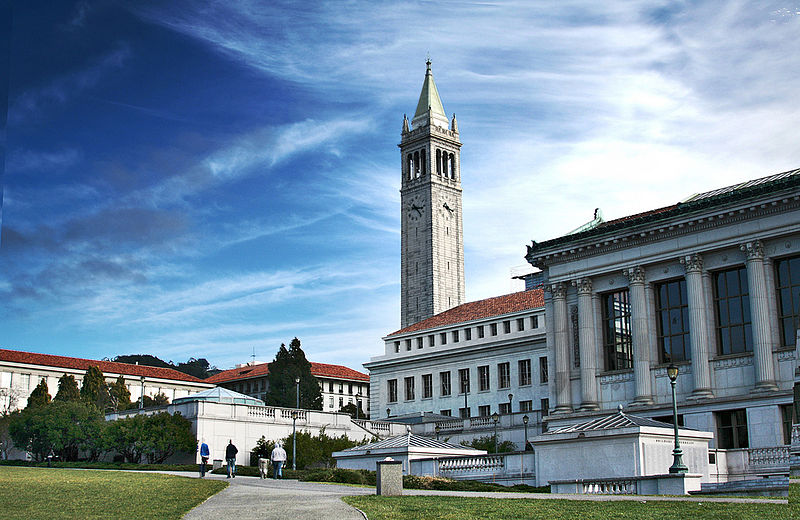Artificial intelligence continues to have its moment in the spotlight, with a surge of interest in startups and efforts from huge tech companies to push the boundaries of how we might best use machine learning, computer vision and other areas of AI in the future. The latest development on that front comes from China’s Huawei, which today announced that it would form a research partnership with UC Berkeley focused on AI, and fund it to the initial tune of $1 million.
The alliance, between Huawei’s Noah’s Ark Laboratory and Berkeley Artificial Intelligence Research (BAIR), is being billed as a “strategic partnership into basic research”, and it will cover areas like deep learning, reinforcement learning, machine learning, natural language processing and computer vision.
“The two parties believe that this strategic partnership will fuel the advancement of AI technology and create completely new experiences for people, thus contributing greatly to society at large,” Huawei notes.
Some of these areas of AI you will have heard a lot about already. Machine learning has become a central part of a lot of basic large-scale computing projects, from bots to search engines and more. Computer vision is being applied in areas like facial recognition tech, AR, VR and self-driving applications. NLP is what makes services like Amazon’s Alexa, Apple’s Siri, and Microsoft’s Cortana work.
Others are still in an early phase: reinforcement learning, for example, sits on top of AI systems to help them learn to make better decisions. To date it is still only being worked on by a handful of companies, so that is one key area where Huawei could potentially get a jump by partnering with a university directly.
AI has become a central part of how many tech companies are thinking about their next generation of devices and services. But one of the challenges for companies like Huawei — one of the world’s biggest phone and telecoms equipment makers, and highly ambitious in the wider world of consumer electronics — is that it has become a race for talent.
Competitors like Google, Apple, Amazon and Facebook have been working hard to not only develop a lot of the cutting-edge work in-house, but they have been working closely with universities, as well as snapping up companies and talent coming straight out of universities, to advance their in-house work.
Google back in 2014, off the back of its acquisition of DeepMind, formed a partnership with Oxford University, contributing funding to AI research there, and acqui-hired two of the startups that had been incubated at Oxford as part of that effort.
Apple has also been known to tap and buy startups that are fresh out of the research labs, such as its acquisition of Faceshift last year. And Amazon is running university competitions to lure out interesting ideas in AI.
More recently, several large tech companies (pointedly not including Huawei) formed a non-profit group to explore the opportunities and pitfalls of AI. You could say that now Huawei is rising to challenge by working with researchers at Berkeley on their own AI projects.
Berkeley has a history of extensive work and research in AI, and while the BAIR lab is a relatively new face for that effort, it already works with 11 other big companies as “industrial partners”, which means Huawei is not exactly getting free reign as a corporate partner. (The others are Facebook, Microsoft, Samsung, Sony, Adobe, Amazon, Yahoo Japan, Nvidia, Intel, Siemens — itself investing $1 billion into AI research — and Citris.) The lab also has 2 dozen faculty and 100 grad students.
Huawei’s expressively named Noah’s Ark lab, meanwhile, has been around for about four years and is part of the company’s effort to put some $8.1 billion annually into R&D.
Huawei is very focused on advancing on this front, and has over 75,000 employees working solely on R&D — perhaps one reason why MIT Technology Review named it the 10th “smartest company” in a recent survey. Maybe fittingly for an organization called Noah’s Ark, expanding research to Berkeley appears to be part of a wider remit to plant seeds for Huawei research globally: another recent outpost was created in Paris.
It’s just early days, and so it remains to be seen whether Huawei can attract and bottle some of the more interesting AI tech that it will come across in this newest partnership with Berkeley. But at the very least, forging the alliance will put it in a position to try.































Comment